"As ships are getting ever more connected, we must be ever more vigilant."
Director's Log
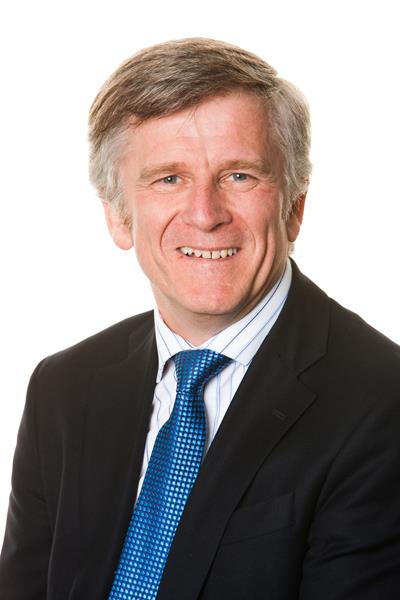
Cyber seems to have been one of the major topics at the London International Shipping this month and was the focus of several of the 160 industry seminars that were held.
These seminars were being held in the shadow of cyber attacks on several big organisations that caused considerable disruption and cost. The current view is these organisations were not the intended target. This goes to show how dangerous cyber crime can be as there could be significant collateral safety and environmental damage caused by an unrelated cyber attack. At the joint OCIMF/IMCA seminar the message was clear:
- Do what you can to protect yourselves but assume an attack will succeed.
- Structure your systems so that any damage is minimised.
As ships are getting ever more connected, we must be ever more vigilant.
The IMO Ballast Water Management Convention entered into force on 8 September. The schedule for implementation was outlined in our July issue. Vessels will need to manage their ballast water using a type approved Ballast Water Management System (BWMS) or ballast water exchange, and will need an international ballast water certificate, an approved ballast water management plan and a ballast water record book.
I am very pleased with the new OCIMF Regional Marine Forum format where delegates from the regional marine industry attend, as well as OCIMF members. Attendance has been high and feedback good. Our next Regional Marine Forum is being held in Cartagena, Columbia on 6 October.
Finally, I would like to add my personal thanks to Alex Van Dusen for his work as Technical Advisor (Offshore) for OCIMF over the last three years and extend a welcome to Faisal Rashid, who took over the role in September.
Stay safe,

Andrew Cassels
Director OCIMF
Do you have news that you'd like to share with our readers? If so email
New Maritime Security Transit Corridor
A Maritime Security Transit Corridor has been established for Gulf of Aden, Bab-el-Mandeb and the Southern Red Sea by the Combined Maritime Forces (CMF).
The CMF will be working closely with regional military partners and the shipping industry to ensure the free flow of commerce. The OCIMF Secretariat supports this initiative and will contribute when called on.
The Maritime Security Transit Corridor will consist of:
- The Internationally Recommended Transit Corridor (IRTC).
- The Bab-el-Mandeb Traffic Separation Scheme (BAM TSS) and the TSS West of the Hanish Islands.
- A two-way route directly connecting the IRTC and the BAM TSS.
The CMF has issued a press release offering guidance when transiting through the corridor, which can be found here.
MARPOL terminal flush water requirements
In the July newsletter we included an update on the progress of a Unified Interpretation OCIMF had requested to regulation 36.2.10 of MARPOL Annex I.
This Unified Interpretation says how terminal flush water should be categorised and recorded in the oil book and was approved by the Marine Environmental Protection Committee (MEPC) in July. It has now been released as MEPC.1/Circular.872 and will be included in the next consolidated edition of MARPOL.
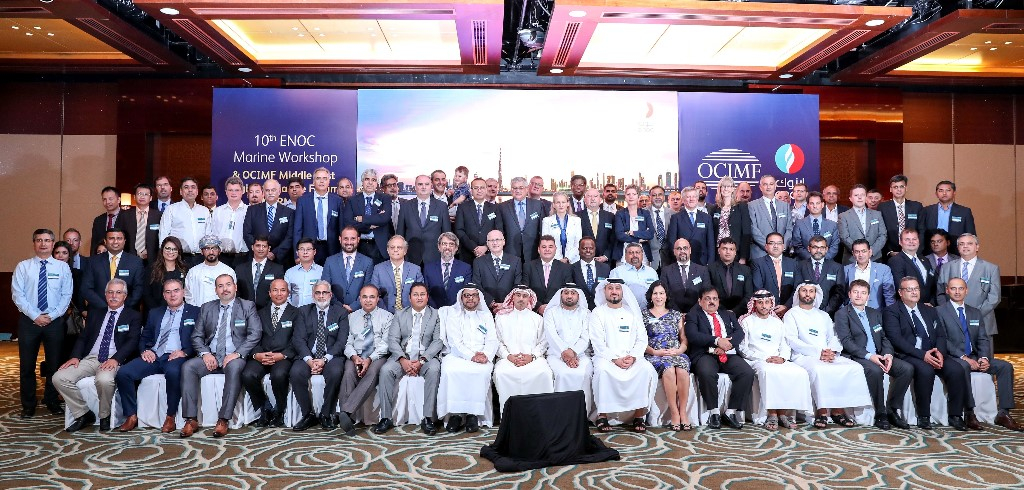
The Middle East Regional Marine Forum. Clockwise from top: registration; Middle East Regional Marine Forum Champion Ahmed Salem Al Shawi (ENOC); the attendees; OCIMF Director Andrew Cassels.
Middle East Regional Marine Forum
Thanks go to Emirates National Oil Company (ENOC) for allowing us to link our first Middle East Regional Marine Forum to their annual marine conference, which was held on 18 September at the same venue. Most attendees were present at both events.
It was a tremendous success, with nearly 90 attendees including OCIMF regional members and non-OCIMF members. Although this was our Middle East forum, attendees came from Europe and the Far East as well and from shipping companies, port authorities, classification societies, offshore services companies and terminal operators. OCIMF Director Andrew Cassels welcomed attendees at the reception on 18 September, which gave everyone a chance to network and break the ice before the forum.
The forum started with an open session. OCIMF Regional Champion Ahmed Salem Al Shawi (ENOC) welcomed attendees, before passing on to the Chair of the CO2 Task Force Alexandra Ebbinghaus and the OCIMF Secretariat. Presentations on current OCIMF work included:
- An overview of Green House Gas (GHG) emission reductions.
- Revisions to the Mooring Equipment Guidelines (MEG).
- The recent release of the third edition of the Tanker Management and Self Assessment (TMSA3).
- Updates to OCIMF programmes.
Attendees asked questions about SIRE, the Vessel Inspection Questionnaire (VIQ), GHG and the upcoming changes in MEG. Both members and non-members found the open session beneficial.
At the afternoon's member-only session lessons learned from incidents and other pertinent issues in the region were discussed. Ideas were offered to the Secretariat on continuous improvement for the forum.
Presentation slides and photos from the forum can be accessed on the OCIMF website here. If you are interested in giving a presentation at the next Middle East Regional Marine Forum, please send us details by filling in this form. To register your interest in attending the next forum, click the button below.
If you have any queries, contact
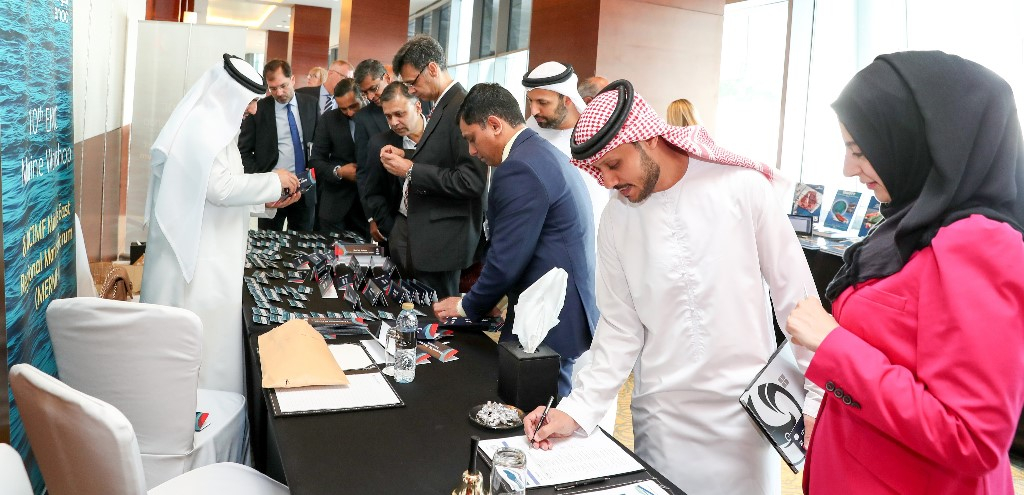
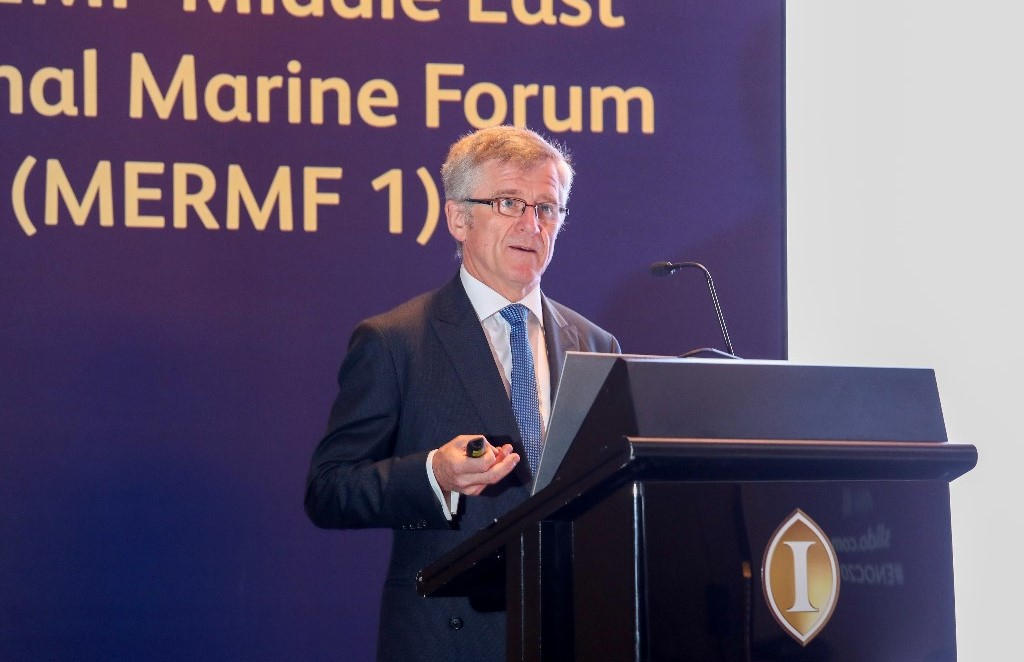
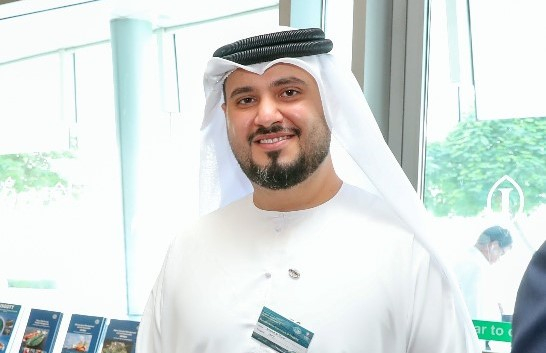
Register your interest in the Middle East Regional Marine Forum
South and Central America Regional Marine Forum
The final agenda for the South and Central America Regional Marine Forum is now available.
The event will take place in Cartagena, Colombia, on 6 October 2017. The evening reception is on 5 October.
This event will be supported by Sociedad Latinoamericana de Operadores de Terminales Maritimo Petroleros y Monoboyas (SLOM), who will be holding their Jornada event on 3–5 October.
The OCIMF forum is split into two sessions: the morning session is open to all and the afternoon session is open to OCIMF members only.
Places are filling fast, so please register soon to avoid disappointment.
The OCIMF Secretariat and our South and Central America Regional Marine Forum Champion, Gonzalo S. Mera Truffini (YPF), look forward to seeing you at the event.
Thursday 5 October 2017
- Delegate registration.
- Evening reception.
Friday 6 October 2017
- Delegate arrivals and remaining registration.
- Welcome, venue safety and Safety Moment.
- Anti-trust message.
- Overview of forum objectives.
- Introduction to OCIMF.
- Mooring Equipment Guidelines update.
- OCIMF update: Tanker Management and Self Assessment (TMSA), Offshore Vessel Inspection Database (OVID), ISGOTT planning, Incident Database.
- Marine Terminal Information System (MTIS).
- Barges (closed loading, Barge Inspection Questionnaire (BIQ), etc).
- Open floor discussions, Question and Answer session with speakers.
- Lunch break.
- Afternoon session is for OCIMF members only.
Register for the South and Central America Regional Marine Forum
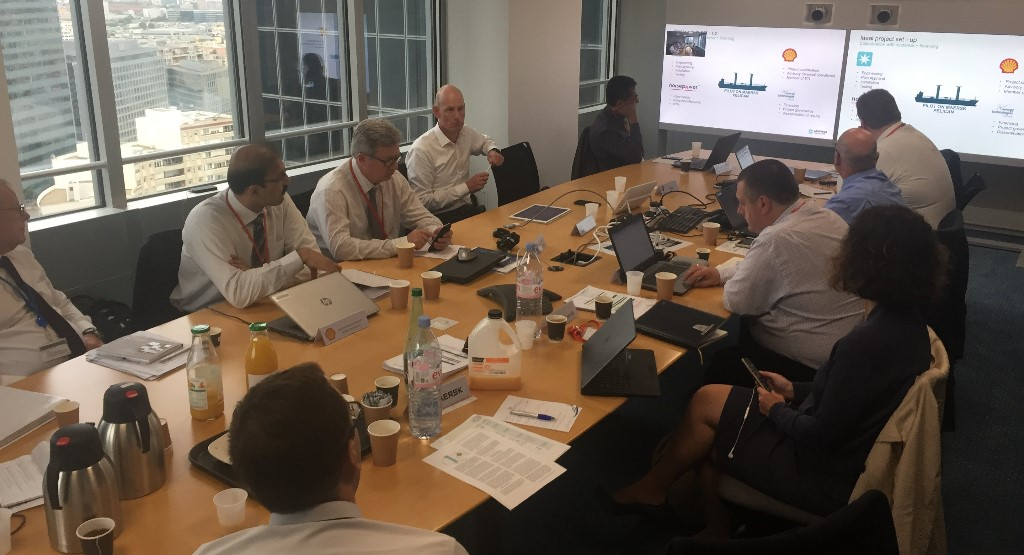
Marine Technical Sub-committee
The 35th meeting of the Marine Technical Sub-committee (MTSC) was hosted by Total in Paris from 5–7 September.
The MTSC was attended by eight OCIMF member companies and invited guests SIGTTO.
The MTSC reviewed comments from the publication review process on two information papers: Safety Critical Spare Parts and Volatile Organic Compounds (VOC) Emissions from Cargo Systems on Oil Tankers. The critical spare parts paper provides guidelines for ship operators and TMSA auditors to use when deciding what spare parts are needed for critical systems and should improve consistency across the industry. The VOC emissions paper raises awareness about VOC emissions from cargo systems on oil tankers, including technology that exists to manage VOC emissions. Both papers have been approved by the General Purposes Committee (GPC).
The MTSC also discussed the following topics:
- Ship minimum power with respect to IMO minimum power guidelines.
- Bunker 0.5% sulphur compliance options in 2020, including use of scrubbers and LNG as fuel.
- A presentation from Quadrise Fuels on their fuel, water and chemical emulsion bunker product.
- Maersk Tankers plans to use Flettner rotors as an energy saving option.
The MTSC also received an update from the Secretary Joe Megeed on OCIMF Secretariat activity including the Mooring Equipment Guidelines, Fourth Edition (MEG 4) draft, Regional Marine Forums and principal committees.
OCIMF would like to thank Total for their generosity and hospitality in hosting the MTSC.
The MTSC is currently made up of representatives from nine companies: Chevron, Phillips 66, Shell, ExxonMobil, Total, BP, Statoil, Maersk Oil and Sonangol. If your company is interested in becoming a member of this sub-committee please contact OCIMF Technical Adviser (Engineering) Joe Megeed at
Please note, only OCIMF member companies are permitted to join.
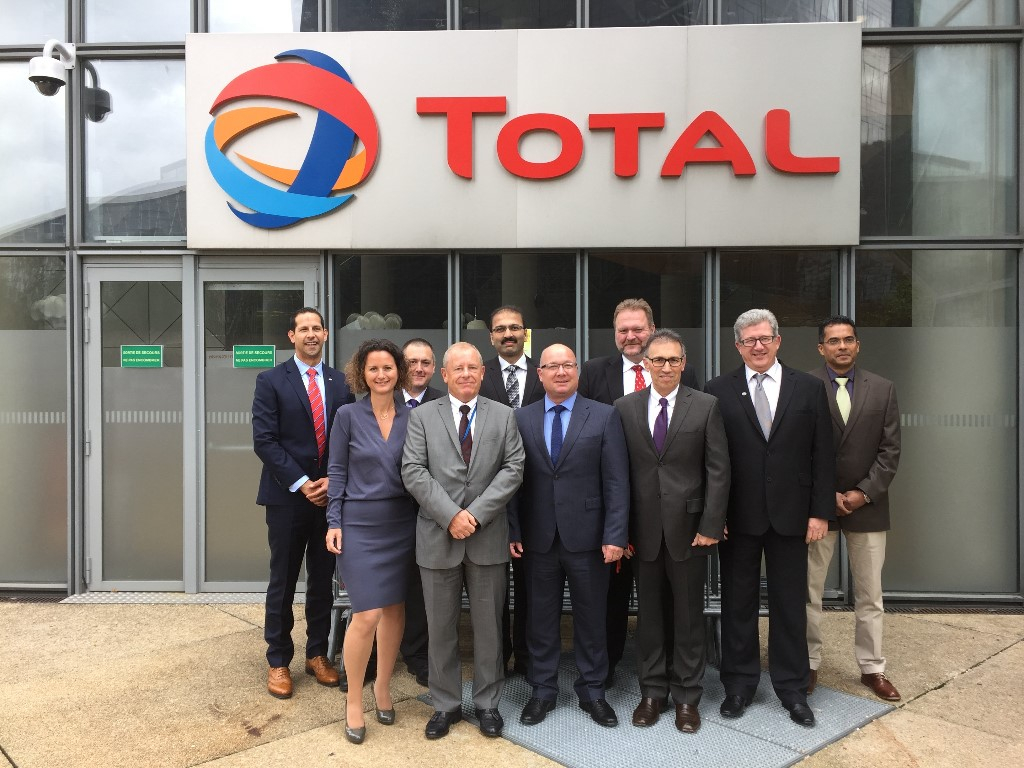
The Marine Technical Sub-committee. From left to right: Joe Megeed (OCIMF); MTSC Vice Chair Krystyna Tsochlas (Phillips 66); Alastair Messer (BP); Laurent Bianchi (Total); Ahmer Saeed (Shell); Bobby Steele (SIGTTO); Fred Adolfsen (Statoil); Bob Cutrona (ExxonMobil); MTSC Chair David Wall (Chevron); Luis John Peter (Maersk Tankers). Not Pictured: Nick Ryan (BP); Cataleco Luciano (Sonangol).
USA Company Security Officers Meeting
OCIMF attended the fifth meeting of the USA Company Security Officers at the Texas Maritime Academy in Galveston, USA on 19 September.
The event attracted many international government and industry delegates. Security topics covered were regionally specific to West and East Africa and Southeast Asia. A highlight of the event was an overview of the new Maritime Security Communications with Industry Web Portal, which we introduced in our February issue.
Members can email
OCIMF/IMCA Cyber Security Seminar
As part of London International Shipping Week, OCIMF hosted a cyber security seminar on 12 September in partnership with the International Marine Contractors Association (IMCA).
The seminar was titled Ship control systems: “Designed in” cyber security protection should be standard and attracted 100 delegates with a variety of maritime interests.
Speakers highlighted the need for suppliers to be intelligent customers and for manufacturers to design in cyber security before equipment is deployed. Delegates were reminded that most equipment will need to be remotely maintained. A common theme was that industry needs to engage with its regulator to make sure good regulation is developed based on practical experience.
Speakers and the seminar’s panel agreed:
- Ships are more reliant on digital systems and support connectivity than ever before, whether for performance management or maintenance.
- Technology is advancing quickly and regulation is struggling to keep up.
- Industry needs to control the introduction of new technology to ensure it is fit for purpose in this modern world.
- Mariners need to be educated. People can be the strongest barrier to cyber attacks but are often the weakest link; it is only through education that we strengthen the human barrier.
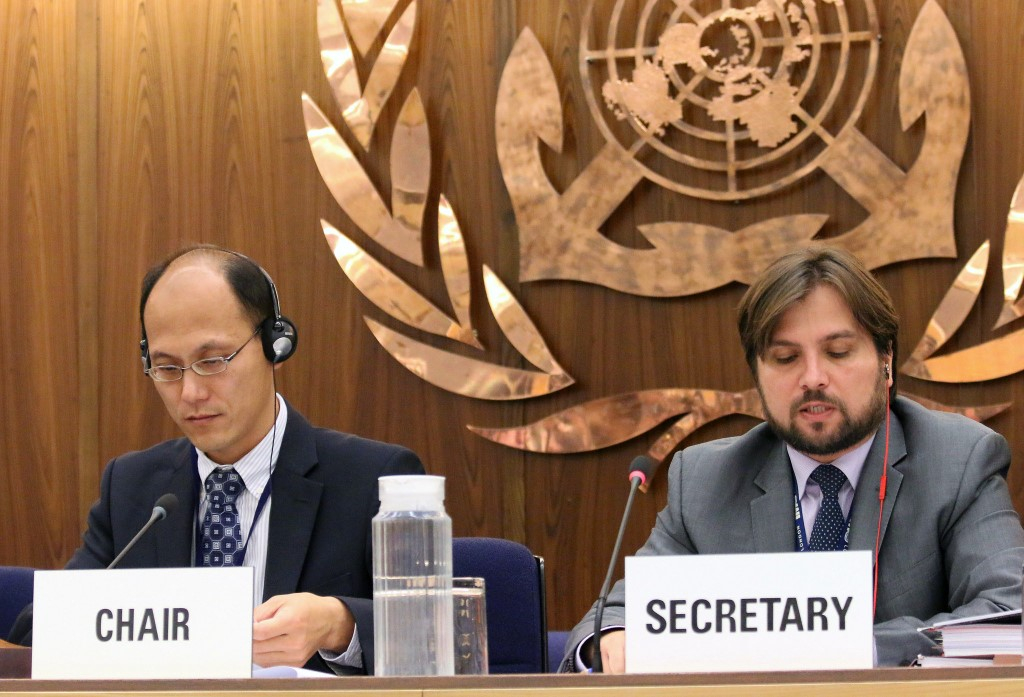
The fourth session of the Carriage of Cargoes and Containers Sub-committee (CCC 4) © IMO.
News from the IMO
The fourth session of the Carriage of Cargoes and Containers Sub-committee (CCC 4) was held at the IMO headquarters in London, UK from 5–9 September.
The main points of the CCC 4 meeting were, as usual, dedicated to containers and solid bulk carriage. Nevertheless, there were three points of particular interest to OCIMF members.
Amendments to the International Code of Safety for Ships using Gases or other Low flashpoint Fuels (IGF Code) and development of guidelines for low-flashpoint fuels
Good progress has been made but there are still unresolved issues. Work will continue intercessionally via correspondence group. There were further attempts to bring the lowering of the flashpoint in the International Convention for the Safety of Life at Sea (SOLAS) from 60 degrees to 52 degrees for diesels onto the agenda. The Chair made it very clear that there will be no amendments to 60 degrees in SOLAS as directed by the Maritime Safety Committee (MSC).
Suitability of high manganese austenitic steel for cryogenic service
CCC 4 confirmed that they are only considering the suitability of this type of steel for steel plate. Its suitability for piping or other components will not be considered. A list of technical discussion points was generated by the working group. The correspondence group will continue this work intercessionally.
Unified Interpretations of IMO conventions related to safety, security and the environment
CCC 4 considered many Unified Interpretations but those related to the IGF Code and the International Code of the Construction and Equipment of Ships Carrying Liquefied Gases in Bulk (IGC Code) were particularly interesting for OCIMF members. The Sub-committee considered definitions for ‘each drydocking’, ‘high level alarms’ and ‘first occasion of full location after drydocking’. These are all relevant for testing the high and high/high level alarms by actual liquid loaded. There was agreement on ‘each drydocking’ but the other definitions need more consideration and will be re-submitted at a future meeting (possibly CCC 5).
Faisal Rashid joins OCIMF
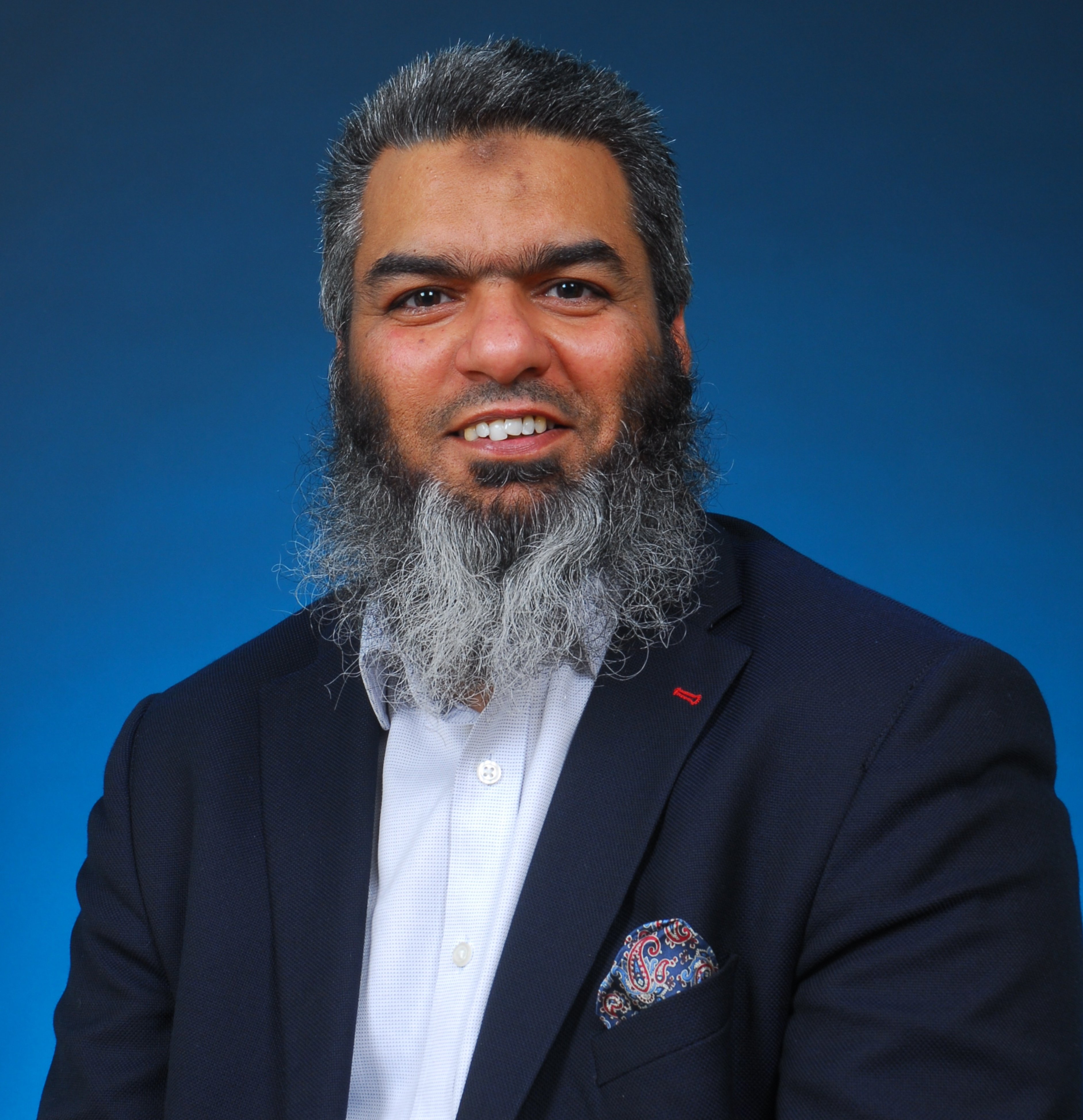
We would like to welcome Faisal Rashid who joined OCIMF as Technical Advisor (Offshore) on a three year secondment on 18 September.
Faisal joins us from BP Shipping Limited, where he started in vetting and clearance before moving on to work in marine offshore support. In this later role he provided marine risk management advice and support to upstream marine operations. This included identifying and assessing marine risk as well as recommending mitigation initiatives for all marine operations involving offshore support vessels. He has led vessel owner and third-party contractor assessments around the globe and provided valuable support to upstream, in particular with his deep expertise in FPSO and shuttle tanker operations.
Before joining BP, Faisal sailed as a Master with Shell. He then worked ashore for Shell in a number of roles, first as Marine Operations Superintendent then as Marine Assessor, where he carried out SIRE and OVID inspections of numerous vessel types. As Marine Operations Manager Upstream, he was the marine focal point for offshore operations in the North Sea. Faisal’s last role at Shell was as Offshore Installation Manager on Shell’s FPSOs.
Faisal has an MSc in Marine Operations and is currently studying for an MBA in Shipping and Logistics. He is a Specialist Fellow of the International Institute of Risk and Safety Management (SFIIRMS) and Associate Fellow of the Nautical Institute (AFNI). Faisal was awarded the Member of the British Empire (MBE) in 2014 for his community services in the United Kingdom.
While serving as Technical Advisor (Offshore) Faisal's goal is to continue to promote OCIMF’s mission as it pertains to the offshore marine industry, to support and improve upon the OVID system and to improve standards in the offshore industry.
Goodbye Alex
As we welcome Faisal, we bid a fond farewell to Alex Van Dusen.
Alex has spent the last three years at OCIMF as Technical Adviser (Offshore). In that time, he has overseen major developments to the Offshore Vessel Inspection Database (OVID) and seen several publications through the working groups and publications process. We will miss his energy and enthusiasm around the office, but we wish him every success in his new role in California.
OVID courses 2018
The Offshore Vessel Inspection Database (OVID) is offering the following New Inspector and Refresher courses for 2018.
New Inspector Courses
|
South America (Venue TBC) | Register by 29 June 2018 | |
| 6–8 November | Abu Dhabi, UAE (Venue TBC) | Register by 8 October 2018 | |
| 27–29 November | West Africa (Venue TBC) | Register by 29 October 2018 |
Refresher courses
| 6–7 February | Aberdeen, UK (Rox Hotel) |
| 1–2 March | Singapore (Venue TBC) |
| 14–15 March | New Orleans (Venue TBC) |
| 16–17 July | Singapore (Venue TBC) |
| 19–20 July | Kuala Lumpur, Malaysia (Venue TBC) |
| 11–12 October | Norway (Venue TBC) |
Sign up early to avoid disappointment.
For further information please see our FAQ page. To enrol on a course, email
